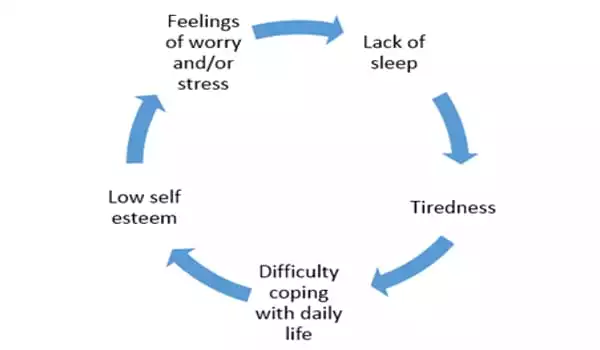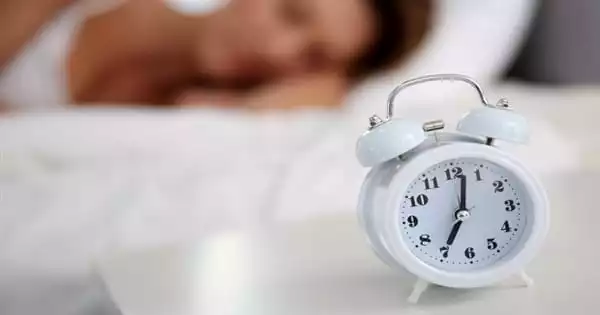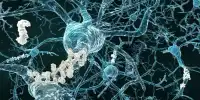Sleep and mental health are inextricably linked. Sleep deprivation has an impact on your psychological well-being and mental health. In addition, those suffering from mental health issues are more likely to suffer from insomnia or other sleep disorders. According to the largest study of its kind ever conducted, people who have been diagnosed with a mental illness are more likely to have poor sleep quality than the general population. “Accelerometer-derived sleep measures and lifetime psychiatric diagnoses,” a CAMH-led study, was recently published in the journal PLOS Medicine.
While research into the links between mental health and sleep is ongoing, evidence to date suggests a bidirectional relationship. Sleeping problems are often exacerbated by mental health issues. At the same time, inadequate sleep, including insomnia, can contribute to the onset and worsening of mental health problems.
Both sleep and mental health are complex issues influenced by a variety of factors, but given their close relationship, there is reason to believe that improving sleep can have a positive impact on mental health and can be used to treat a variety of psychiatric disorders.
People diagnosed with mental health disorders are more likely to report poor sleep quality, including sleep disturbances and problems falling back to sleep, than the general population.
“The differences in sleep patterns indicated that participants with a previous diagnosis of mental illness had poorer sleep quality, including waking up more frequently and for longer periods of time,” said senior author Dr. Shreejoy Tripathy, an Independent Scientist at CAMH’s Krembil Centre for Neuroinformatics. In terms of its impact on mental health, he also emphasized that measuring the quality of sleep was just as important as measuring the total amount.
“The relationship between sleep and mental health is bidirectional,” said Dr. Michael Wainberg, lead author and postdoctoral researcher at the Krembil Centre for Neuroinformatics. “Poor sleep leads to poor mental health, and poor mental health leads to poor sleep.” “Differences in sleep patterns were a feature of all mental illnesses we studied, regardless of diagnosis.”
The study used data from 89,205 people in the United Kingdom who agreed to wear an accelerometer on their wrist that tracked body movement 24 hours a day for seven days. They also agreed to their data being stored in a digital biobank for research purposes.

The authors used computational algorithms, including machine learning, to distill this massive amount of data into ten metrics, which included bedtime, wake time, naps, and the longest period of uninterrupted sleep. They then compared these metrics between participants who had previously been diagnosed with mental illness and those who had not.
“We know that up to 80% of people with mental health disorders can have difficulty falling asleep, staying asleep, or waking up earlier than they intended,” said Dr. Michael Mak, a CAMH psychiatrist, and sleep disorder specialist. “We know that sleep disturbances impose a significant economic burden on society.” We also know that treatments that improve sleep quality, whether through therapy or medication, can improve mental health outcomes.”
This is the first large-scale transdiagnostic study of objectively measured sleep and mental health, and the study’s novel methodology allowed sleep monitoring to take place in each individual’s natural home sleep environment rather than in a laboratory setting.
“Until now, no one has looked at objectively measured sleep in the context of mental illness on this scale,” Dr. Tripathy said. “One of the reasons we wanted to do this study is that, with the rise of smartphones and wearables, we now have access to data streams that we didn’t have before.”
The Krembil Centre for Neuroinformatics is currently developing a patient data biobank similar to the one used in this study in the United Kingdom. The CAMH BrainHealth Databank’s primary goal is to use patient data, including the use of wearables outside of a hospital setting, to provide better, more personalized mental health care in the present while also accelerating future clinical research, discovery, and innovation.
Many people have sleep issues, such as not getting enough sleep, not feeling rested, and not sleeping well. This issue can make it difficult to function during the day and have a negative impact on your work, social, and family life. Sleeping problems can be caused by a medical condition such as sleep apnea or a mental health condition such as depression. Sleep problems can be an indication of a more serious condition, such as bipolar disorder. In addition to interfering with sleep, sleep-related issues can exacerbate a variety of medical and mental health conditions.














